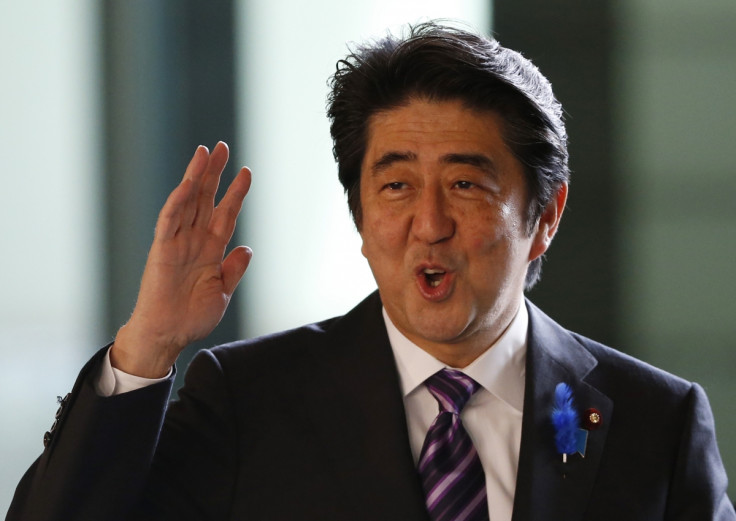Japan Approves Hawkish Security Policy as China Scorns Abe's 'Militarism'

Marking a major shift in Japan's post-war pacifist policy, Prime Minister Shinzo Abe's cabinet has ratified a new security doctrine that allows Tokyo to use force to help allies if they come under attack.
The ruling alliance led by Liberal Democratic Party earlier agreed on the final draft, which has sparked widespread public outrage.
On the eve of the landmark decision by the cabinet, thousands of Japanese staged protests outside Abe's office.
Abe, a foreign policy hawk, has been pitching for the proposal amid Tokyo's bitter disputes over territories with China and other Asia-Pacific countries.
Although previous administrations categorically maintained that the country has the right to collective self-defence, they did not meddle with Article 9 of the constitution that renounces war.
The Article reads: "Aspiring sincerely to an international peace based on justice and order, the Japanese people forever renounce war as a sovereign right of the nation and the threat or use of force as means of settling international disputes. In order to accomplish the aim of the preceding paragraph, land, sea, and air forces, as well as other war potential, will never be maintained. The right of belligerency of the state will not be recognised. "
Abe's new policy has enraged China, which poured scorn on Japan in a stinging editorial in the state-run Xinhua news agency.
"No matter how Abe glosses over it, he is dallying with the spectre of war through a cheap scam but at the dear cost of the souls not only of his own but also of the entire Japanese nation. Instead of amending the constitution above board, a broad-based process his bid is unlikely to survive, he has opted to reinterpret it with a single decision of his cabinet."
The Japanese premier is expected to hold a press conference following the cabinet approval explaining the rationale behind the ratification.
© Copyright IBTimes 2024. All rights reserved.






